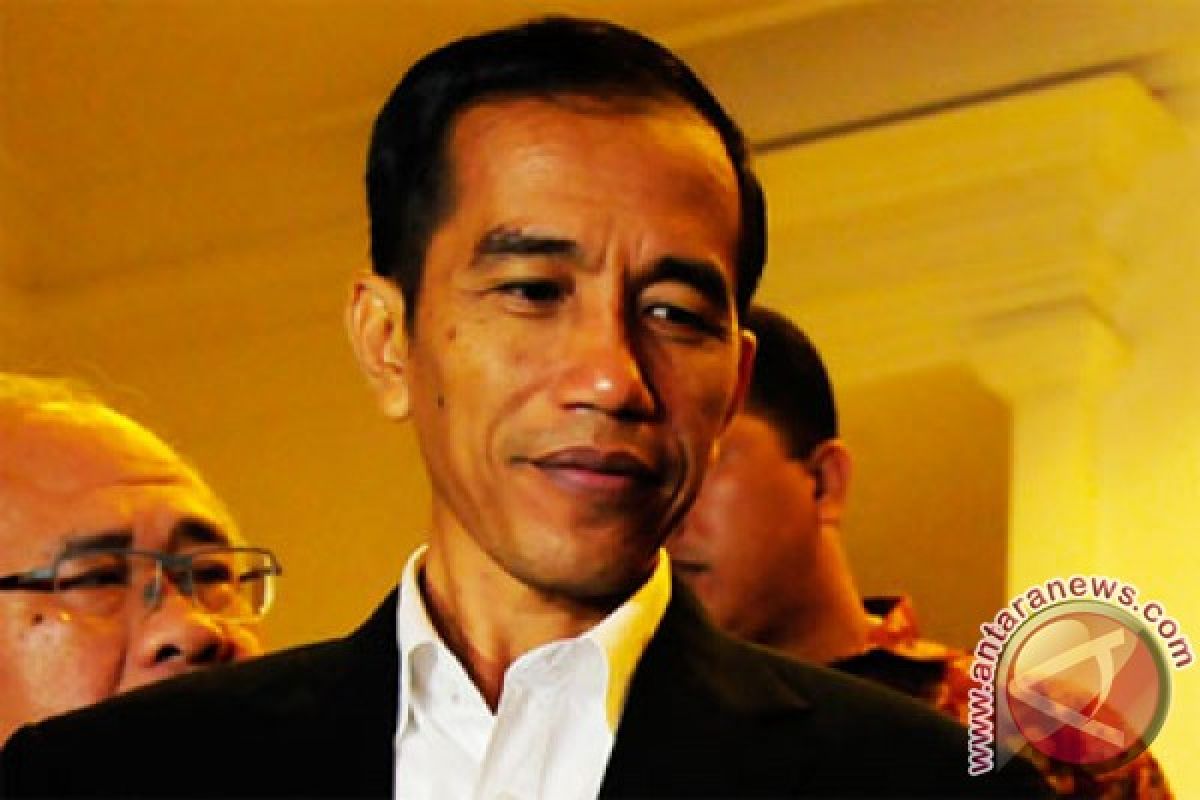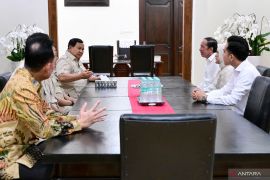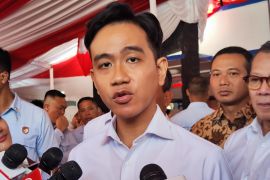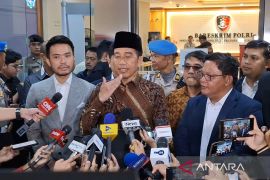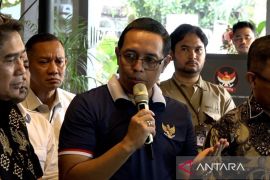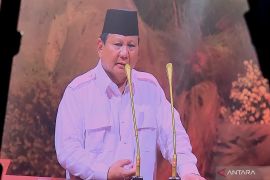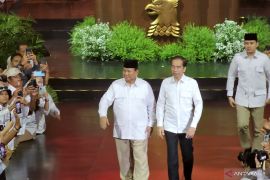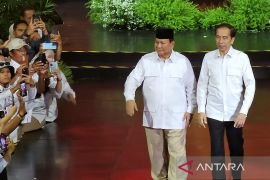"We have paved our way to produce a genuine national car in the last five years. It still needs improvement and the government`s support," he said, adding that the lack of support from the government to the local automotive industry has resulted in the domination of foreign automotive products in the country.
In line with Jokowi`s view, Deputy Chairman of the House of Representatives Taufik Kurniawan said the cheap car policy will create a more consumptive community.
"What is needed now is development of infrastructure that supports the economy such as roads. Cheap cars will only increase the rate of consumption of our society," he added.
Earlier, in mid-March, the government said it will issue the LCGC policy in the near future, no later than the beginning of April 2013.
The production demands the usage of at least 55 percent of local content of the target of 80 percent. Another requirement for the production of LCGC is that the vehicle must be using 1,200 cc engine or lower, with fuel consumption of at least 20 to 22 km per litre.
However, the policy has sparked controversy in Indonesia as some believe that LCGCs will increase traffic jams in big cities in the country. Others believe that LCGCs will increase the consumption of fuel, which is against the government`s goal to reduce carbon emissions.
Coordinating Minister for the Economy Hatta Radjasa has defended the government`s decision to issue a regulation that supports LCGCs, stating that the presence of such a vehicle will reduce the consumption of fuel oil and green house gas effects, and help follow the road map for the development of a national car.
He explained that national car components should continue to increase by 100 percent in order to reduce the reliance on imports.
Hatta Ralso said LCGCs could become the country's main export commodity, in light of the opening of the region, when the ASEAN Economic Community (AEC) officially begins in 2015.
"We would be grateful if Indonesia's LCGCs could become the nation's main export commodity. After all, Indonesia's automotive sector has continued to grow. I hope the ministry of industry will develop the LCGC into Indonesia's main export product," the minister added.
He noted that one of the goals of the Indonesian government, in light of the AEC, is to turn the country into a manufacturing base for certain products such as automotive products and textiles so that Indonesian products stay competitive in the free market.
"Indonesia can serve as a production base for automotive products, textiles, and others. If we are careless, companies in the automotive industry will go to Thailand. The products must be exported so that they do not flood the domestic market," he added. (A051/BSR/A014)
Editor: Kunto Wibisono
Copyright © ANTARA 2013
